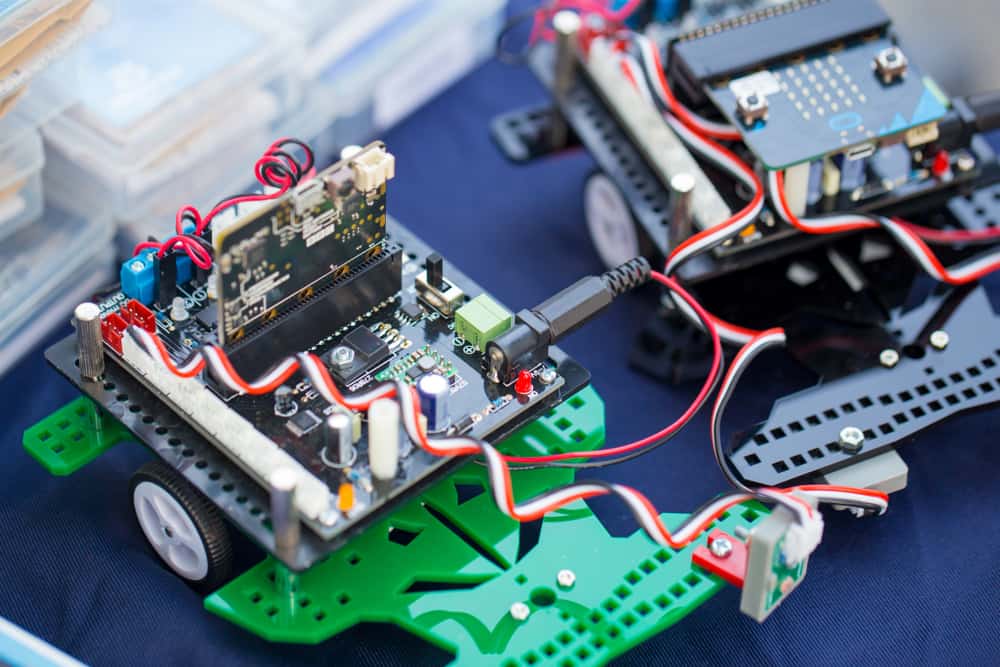
Introduction
In the ever-evolving landscape of technology, embedded systems play a pivotal role, often behind the scenes, powering the devices and systems we rely on daily. This article delves deep into the world of embedded systems, exploring their significance, components, applications, and future prospects.
What Are Embedded Systems?
Embedded systems are specialized computing systems that are integrated into various devices and machines to perform dedicated functions. Unlike general-purpose computers, embedded systems are designed for specific tasks, making them indispensable in today’s digital era.
The Components of Embedded Systems
Embedded systems consist of several essential components:
1. Microcontrollers
At the core of an embedded system is a microcontroller, a small computer on a single integrated circuit. Microcontrollers execute programmed instructions and control the system’s operations.
2. Memory
Embedded systems require various types of memory, including ROM (Read-Only Memory) for storing permanent data and RAM (Random-Access Memory) for temporary data storage.
3. Input/Output Interfaces
These interfaces enable communication between the embedded system and external devices, such as sensors, displays, and actuators.
Applications of Embedded Systems
Embedded systems are omnipresent, enhancing efficiency and functionality in numerous sectors:
1. Automotive Industry
Embedded systems control critical functions in modern vehicles, from engine management to infotainment systems, ensuring safety and comfort.
2. Healthcare
Medical devices and equipment rely on embedded systems for precise monitoring and diagnostics, saving lives and improving patient care.
3. Home Appliances
From smart refrigerators to thermostats, embedded systems bring automation and convenience to our homes.
The Future of Embedded Systems
The rapid advancement of technology promises an exciting future for embedded systems:
1. Internet of Things (IoT)
Embedded systems will continue to drive the growth of the IoT, connecting everyday objects and enabling seamless communication.
2. Artificial Intelligence
Integration with AI algorithms will make embedded systems smarter, allowing for more sophisticated decision-making in real-time.
3. Sustainability
Embedded systems will contribute to energy-efficient solutions, reducing environmental impact across various industries.
Conclusion
Embedded systems are the unsung heroes of modern technology, silently powering our world. Their evolution promises a future filled with smarter, more connected, and sustainable innovations.